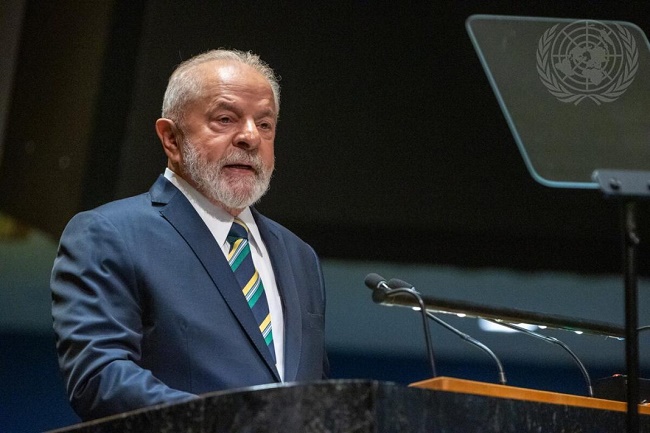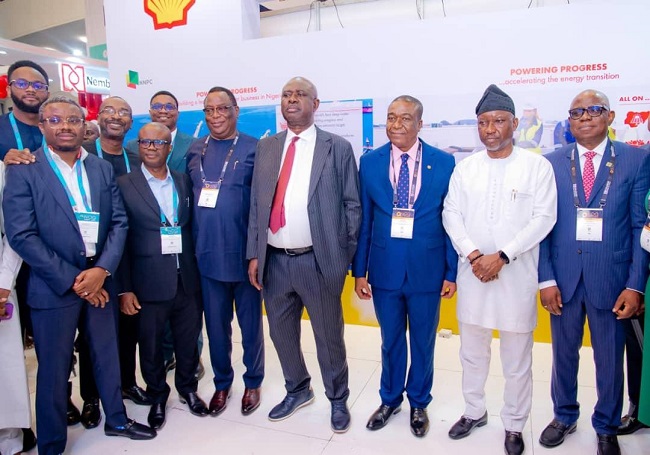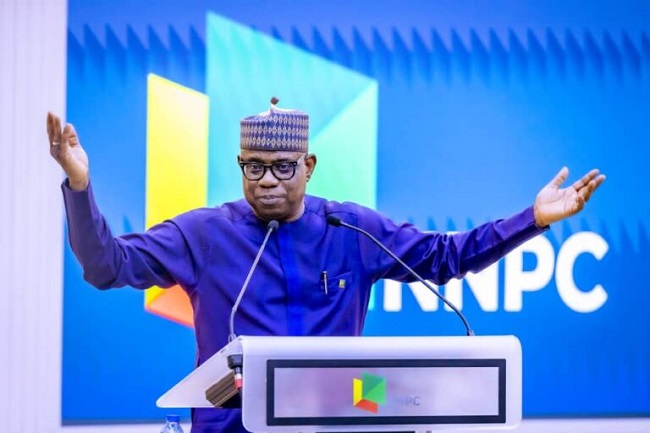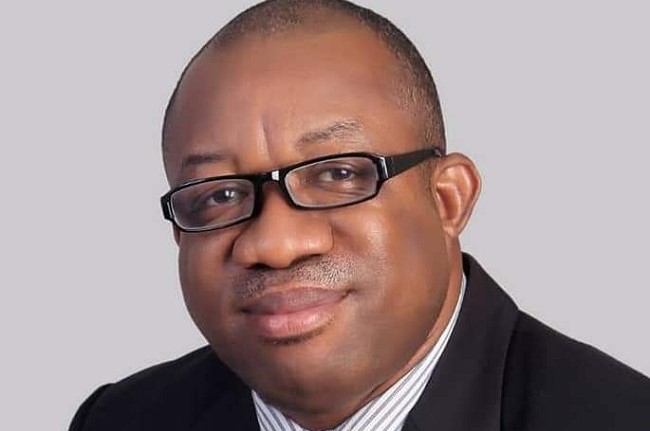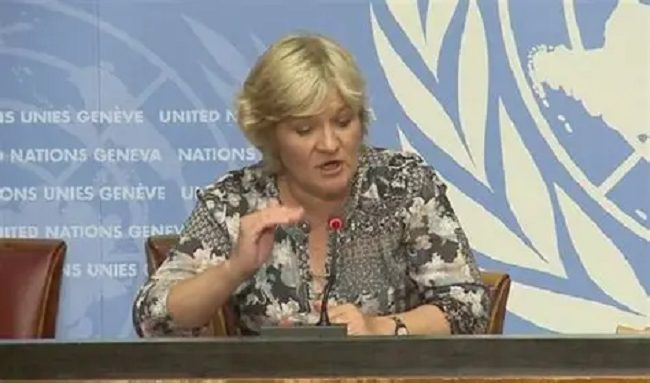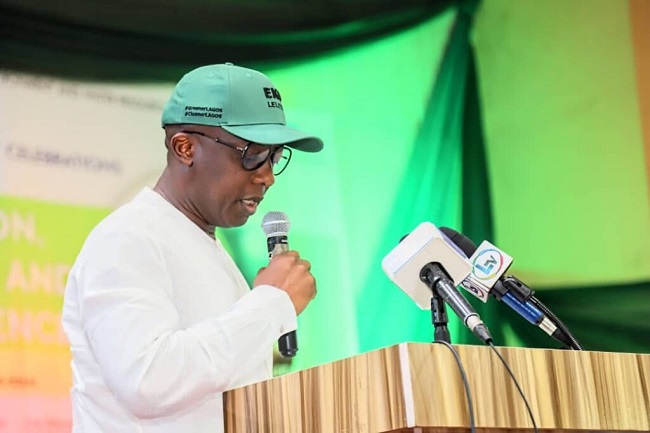A new publication by the UN Climate Change Regional Collaboration Centre for Asia and the Pacific reveals that Pacific Island countries are making significant progress in their collective effort to meet the goals of the Paris Agreement.
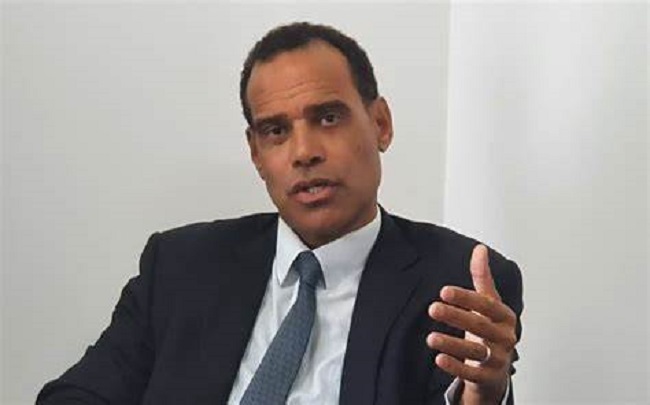
Despite contributing just 0.03% of global greenhouse gas emissions, Pacific Small Island Developing States (PSIDS) are showing strong climate leadership by aligning their Nationally Determined Contributions (NDCs) and national policies with the global target to limit warming to 1.5°C by the end of the century, as all Parties have agreed.
According to the report – titled ‘What does mitigation ambition mean for the Pacific?’ – all 14 PSIDS submitted their first round of NDCs by the end of 2015. Since then, 11 have submitted their second NDCs, either as updated or enhanced versions of their original plans. Most of these outline ambitious targets in renewable energy, sustainable transport, and nature-based solutions, with six PSIDS aiming for 100% renewable energy.
Several countries, such as Vanuatu, the Marshall Islands, and Fiji, have developed detailed sectoral strategies and investment plans to decarbonize their economies, many of which include pledges to achieve carbon neutrality by 2050.
This timely report arrives as countries are preparing their third round of NDCs (also known as NDC 3.0) under the Paris Agreement, showing how small islands are already setting the pace for higher global ambition.
For Pacific nations, taking climate action is not just about reducing emissions – it’s a matter of survival. Rising sea levels, intensifying storms, and ocean degradation pose existential threats, making the 1.5°C limit non-negotiable.
Across the region, countries are showing climate leadership in diverse and concrete ways. Fiji was the first country to ratify the Paris Agreement and the first SIDS to preside over a UN Climate Conference (COP 23). The Marshall Islands was among the earliest to submit its Intended Nationally Determined Contributions (INDC), and Papua New Guinea was the first to formally submit an NDC, with a bold target of 100% renewable energy by 2030.
Many countries are now implementing advanced actions such as solar and hydropower deployment, forest conservation, and coastal ecosystem restoration, showing that NDCs aligned with national contexts can deliver meaningful impact.
In the case of Vanuatu, the country has committed to rapidly phaseout fossil fuels and transition to a circular economy, with all its NDC targets conditional on scaled-up international support. Similarly, the Marshall Islands continues to integrate youth participation and Indigenous knowledge into its national climate agenda.
Beyond national borders, the Pacific is reframing climate ambition as a regional issue, one that intersects with identity, sovereignty, and development. The 2050 Strategy for the Blue Pacific Continent places ocean-based solutions and regional collaboration at the heart of the Pacific’s long-term vision for resilience.
As the global stocktake calls for increased ambition across all sectors, the Pacific offers a clear message: the next generation of NDCs must not only aim higher but go further, turning ambition into action, and action into survival.
Learn more about the work of UN Climate Change’s six Regional Collaboration Centres here.

